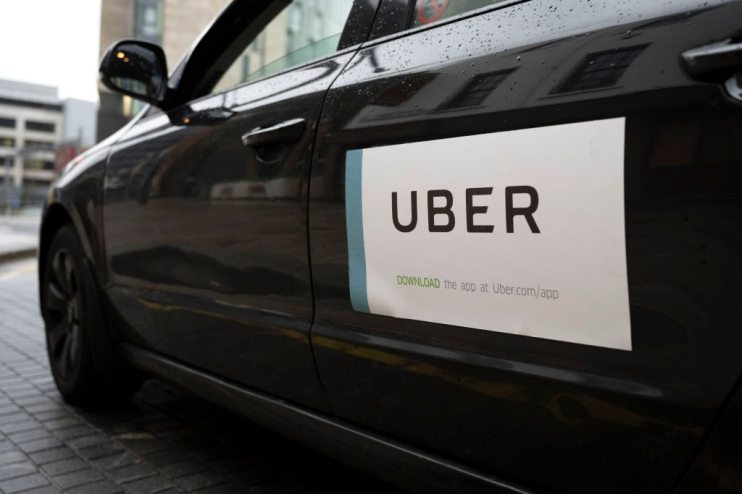Uber’s driver numbers doubled since landmark court ruling — but will passengers be safe from fare hikes?

The number of Uber drivers on UK roads has reached record levels since 2021, nearly doubling since a Supreme Court ruling forced the ride-hailer to alter its business model.
More than 100,000 UK drivers are now earning on the app each week, an increase of 85 per cent since the change, Uber said. In that time, drivers have earned a total of £6bn.
Uber told City A.M. that the increase had helped reduce wait times, with 65 per cent of trips now arriving in less than five minutes, and 91 per cent arriving in less than 10.
It comes after drivers won a landmark case against the ride-hailing service, demanding they be recognised as full-time workers at the company, as opposed to “middle men” between users and drivers.
As a result, the Supreme Court determined in February 2021 that Uber drivers could enjoy basic workers rights.
That verdict prompted a major shift in Uber’s business model, as it was forced to swallow the costs of introducing minimum wages, pensions and holiday pay for drivers.
In recent months, the ride-hailer has lifted the lid on its UK business model, giving the first clear indications of the impact of the 2021 verdict on its performance. In May, it revealed it had booked £3.4bn in revenues last year.
“In 2021 we set a goal of signing up twenty thousand new drivers to keep cities moving, and we’ve now smashed through that target,” said Andrew Brem, general manager at Uber UK.
“The billions of pounds that Uber drivers earn in the UK every year shows the importance of flexible work to wider economic activity,” he added.
The figures today will put to bed any concerns about driver shortages which plagued the company during the second quarter of 2021.
But Uber passengers are still having to contend with rising fares while the company bids to to lure in more cabbies.
Uber announced in August last year it planned to increase fares across the UK, leading to an average five per cent jump in London, as it upped its recruitment drive.
That marked the second hike in nine months and took off-peak per-mile rates to nine per cent from 1.06p to 1.16p, while the minimum fare rose four per cent from £4.13 to £4.30.
UK passengers may also have to contend with further additional charges as Uber struggles amid an ongoing tax dispute with HMRC that could see fares shoot up a further 20 per cent.
Meanwhile, similar pressure is mounting across the pond. A February study from the UCLA Labor Center found Uber and its rival Lyft had increased passenger fares by 50 per cent from February 2019 to April 2022, based on analysis of rides in New York City.